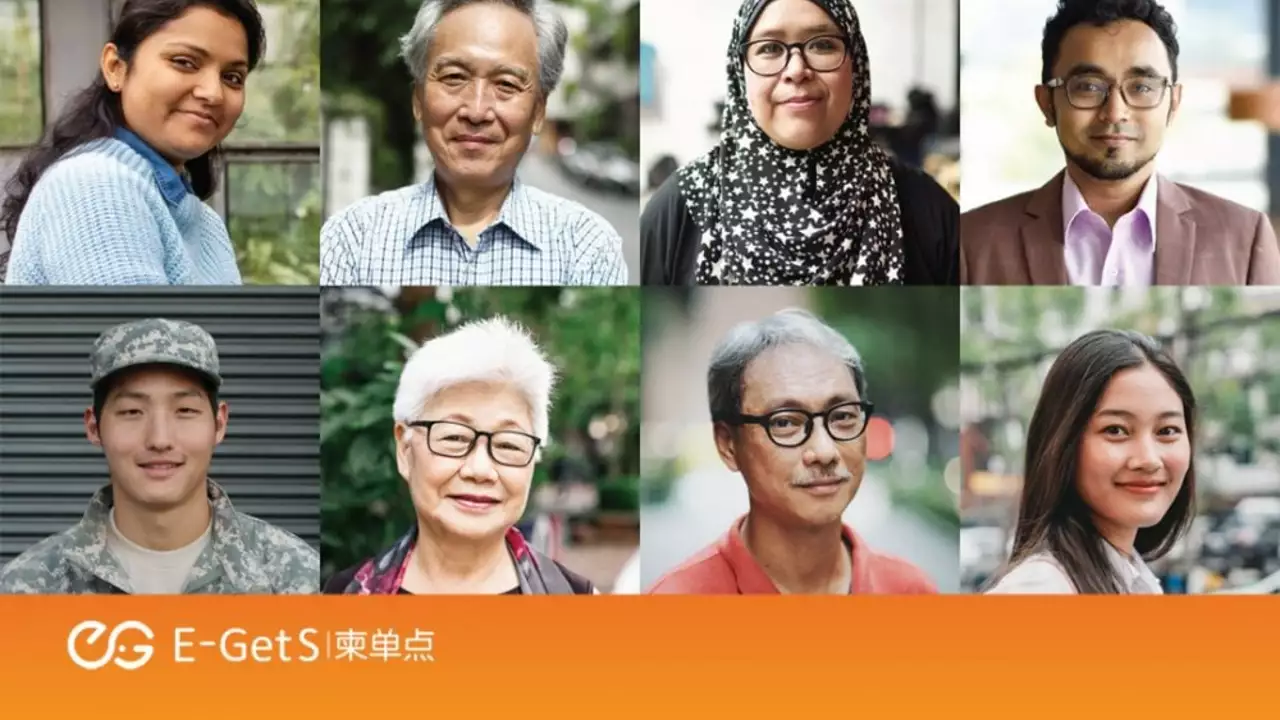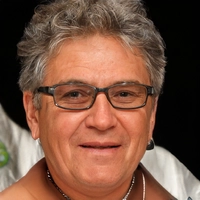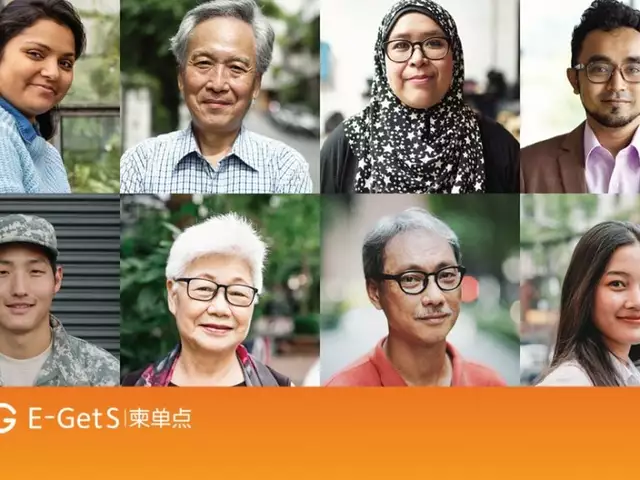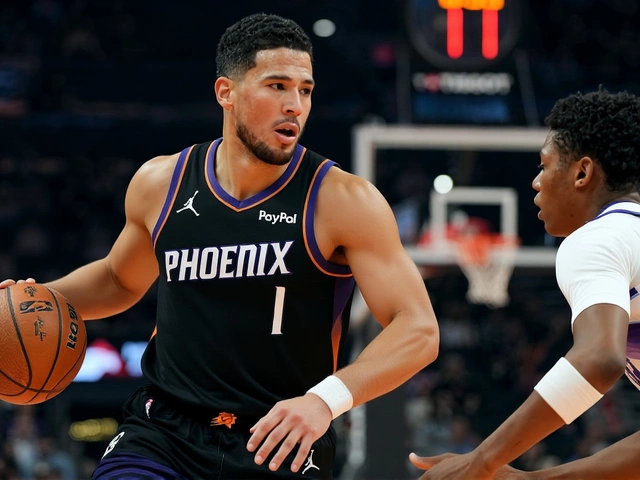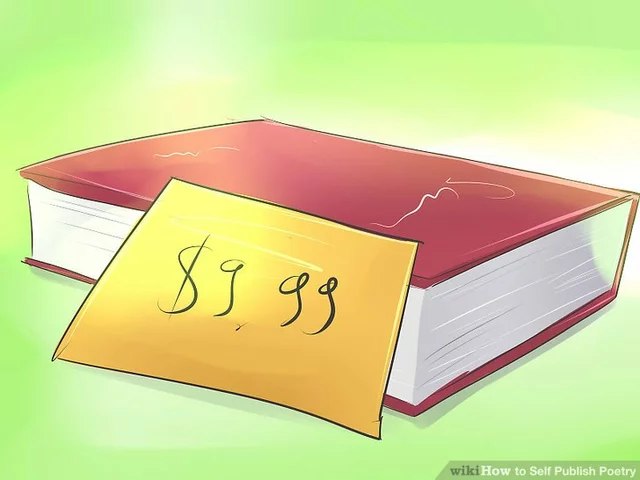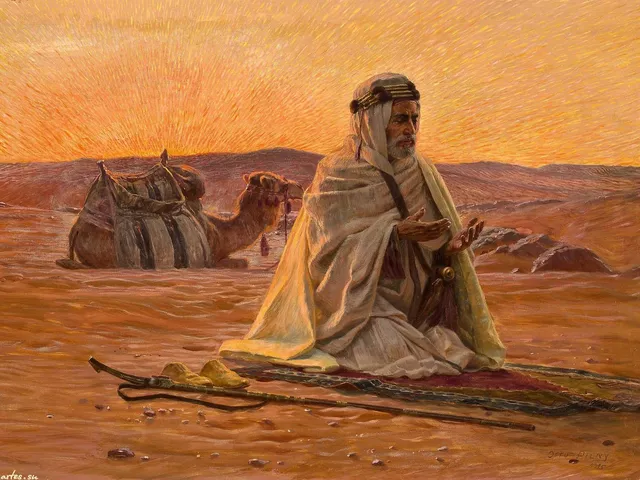The Stagnant State of American Poetry
The world of American poetry is a vibrant and diverse landscape, filled with voices from countless cultures and backgrounds. Yet, when you look at the list of those who have been named United States Poet Laureate, a disturbing trend emerges. The majority of those who have held the prestigious title have been white, and there has yet to be an Asian American Poet Laureate. This discrepancy raises important questions about representation and inclusivity in the world of American literature.
Understanding the Role of the Poet Laureate
Before we delve into the reasons behind this discrepancy, it's essential to understand what the Poet Laureate's role is. Appointed annually by the Librarian of Congress, the Poet Laureate acts as the nation's official poet. Their duty is to raise the national consciousness to a greater appreciation of the reading and writing of poetry. With such an important role, it's concerning that a significant part of the American population has yet to see themselves represented in this position.
The Impact of Underrepresentation
With no Asian American having been named Poet Laureate, the impact extends beyond mere statistics. Not having this representation means the absence of a significant perspective and a missed opportunity to celebrate and acknowledge the rich tapestry of Asian American experiences through poetry. This underrepresentation sends a message, albeit unintended, that Asian American voices are not valued or recognized in the highest echelons of American poetry.
Voices Silenced and Stories Untold
Asian American poets have a unique perspective and voice that needs to be heard. Their stories, experiences, and perspectives often remain untold or unacknowledged in mainstream American literature. The lack of representation at the Poet Laureate level only serves to perpetuate this cycle of silence. This is not just a loss for the Asian American community but for the broader American public who miss out on the diversity of thought, experience, and expression that these poets offer.
The Importance of Diversity in Poetry
For poetry to truly reflect the American experience, it needs to include a diverse range of voices. Diversity in poetry not only enriches our understanding of the human experience but also challenges and broadens our perspectives. It allows for a more comprehensive representation of what it means to be American and the various narratives that this encompasses. When we exclude certain voices, especially those of marginalized communities, we limit the scope and reach of our national literature.
Breaking Down Barriers
So, why hasn't an Asian American been named Poet Laureate? The answer is complex and multifaceted. It involves systemic issues within the literary world, such as a lack of diversity in decision-making roles and implicit bias. However, it's crucial to remember that these barriers are not insurmountable. As readers, writers, and lovers of poetry, we can advocate for change and push for greater representation. And who knows? The next Poet Laureate could very well be an Asian American poet waiting for their well-deserved recognition.
